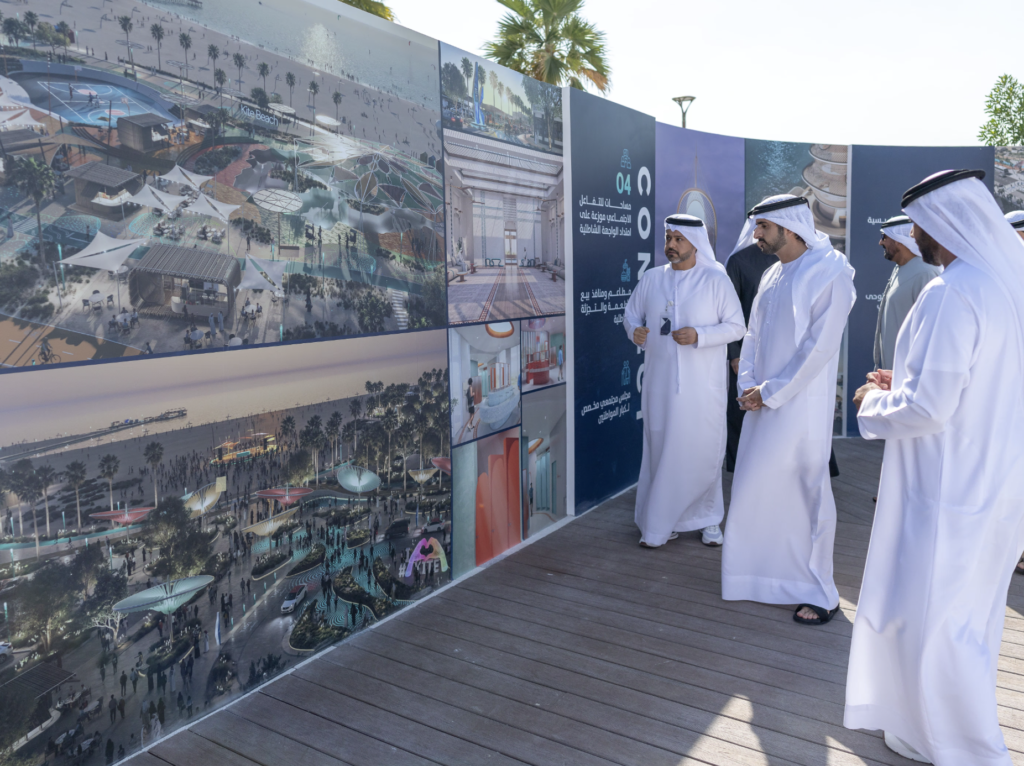Amid mounting concerns over a possible wealth tax in the UK, the UAE is increasingly being seen as a preferred relocation hub for British millionaires, ranking alongside established tax havens such as Monaco and Malta.
A new survey by consultancy Arton Capital found that nearly 60 per cent of British millionaires believe they could have a better life abroad, with more than half saying they would consider leaving the UK if Chancellor Rachel Reeves implements new wealth-based taxes.
The research, carried out among 1,009 wealthy UK residents with assets of at least £1 million, revealed that the UAE ranked fourth globally as a preferred relocation option. The United States topped the list (35 per cent), followed by Canada (33 per cent) and Australia (25 per cent), while 17 per cent of respondents named the UAE as their destination of choice.
Armand Arton, CEO of Arton Capital, said the findings show the UK is “at a tipping point” as the government considers new levies on high-value homes and global inheritance tax for non-domiciled individuals. “The uncertainty around the government’s proposed wealth tax mirrors the ongoing economic uncertainty seen around the world, from Trump’s tariffs to conflict in the Middle East,” he said.
“The longer that unpredictability persists, the greater the risk of losing capital, talent, and long-term investment to countries that offer greater security for individuals, families, and their futures.”
The UAE, which has consistently ranked as one of the world’s most attractive hubs for wealthy expatriates, continues to draw global high-net-worth individuals thanks to its tax-free environment, political stability, and investor-friendly policies.
According to the Henley Private Wealth Migration Report, the UK is expected to lose a record 16,500 millionaires in 2025, part of a broader global trend that could see 142,000 millionaires relocate this year alone.
Industry experts note that the UAE’s appeal has been bolstered by long-term residency programmes such as the Golden Visa, its diversified economy, and world-class lifestyle offering.
Dubai and Abu Dhabi, in particular, have cemented their status as safe havens for global wealth, attracting investors not only from Europe but also from Asia and Africa.
Meanwhile, more Conservative-leaning millionaires in Canada are also weighing the option of moving abroad compared to their Liberal counterparts, as the right-leaning party faces the prospect of losing a fourth consecutive election.
An Arton Capital Ltd. survey revealed that among Canadians with a net worth of at least C$1 million ($721,000), 34 per cent of Conservative voters said they are now more likely to leave the country than they were during the 2021 election, while 28 per cent said they are less likely.
The findings highlight the growing trend of wealthy Canadians reassessing their future in light of political and economic shifts, with affluent individuals increasingly considering relocation to jurisdictions that offer greater stability, lower taxation, and stronger wealth-preservation policies.
For the UAE, this presents another opportunity to position itself as the destination of choice for individuals seeking stability, growth, and long-term prosperity.
Source: Azertag/Bloomberg



























